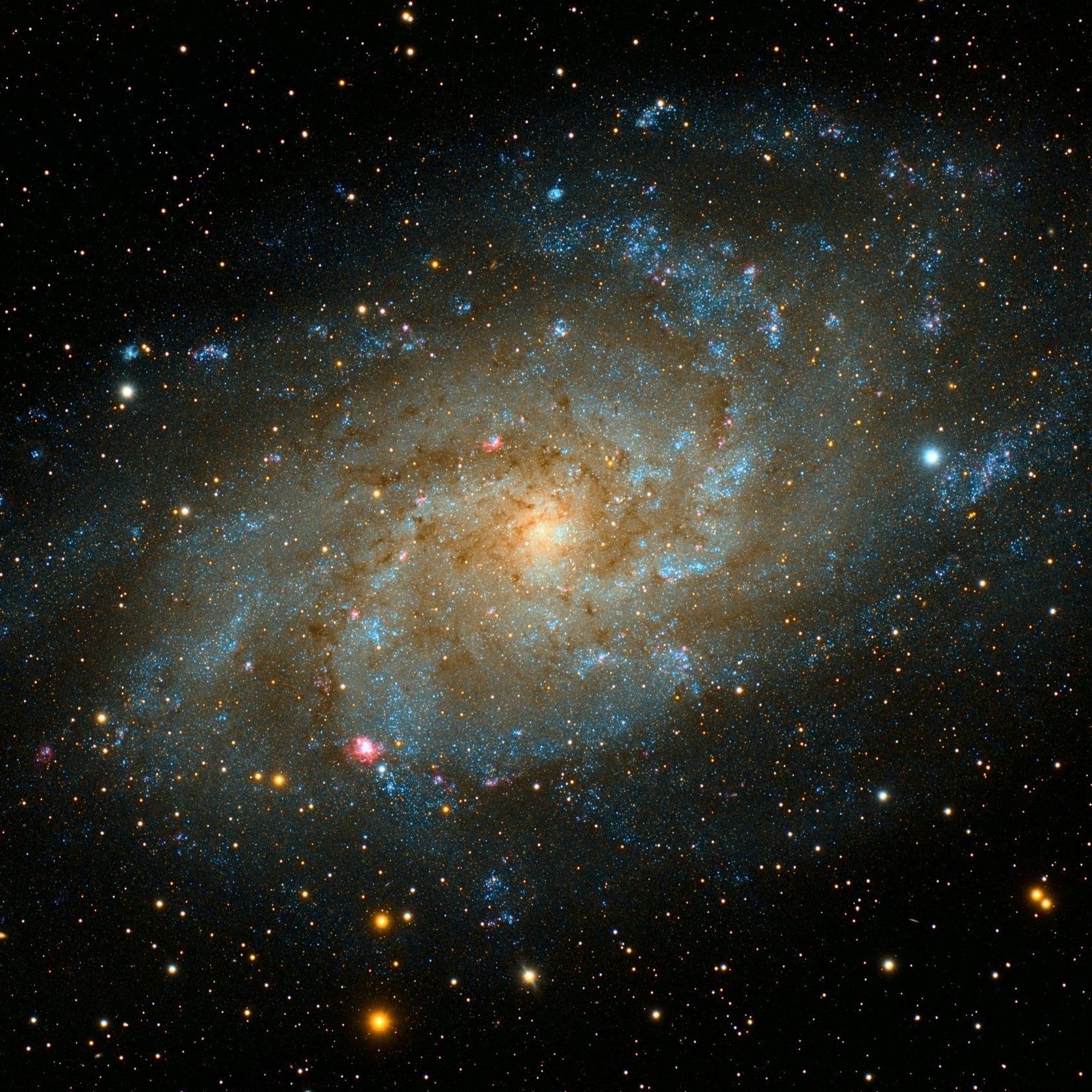LIFE provides a conceptual framework in which researchers can address questions about the complex, bi-directional cause-and-effect relationships of life with dramatic changes in a planet’s climate, oceans, its solid surface, and its emerging continents. Ultimately, we seek to foster a “science of living worlds” that integrates views the evolution of life and its planetary context through a single holistic lens.
In parallel, LIFE researchers seek to understand how these major biological innovations and transitions affected the planet, shaping the evolutionary path of the integrated life-planet system.
Check out this video to learn more!





